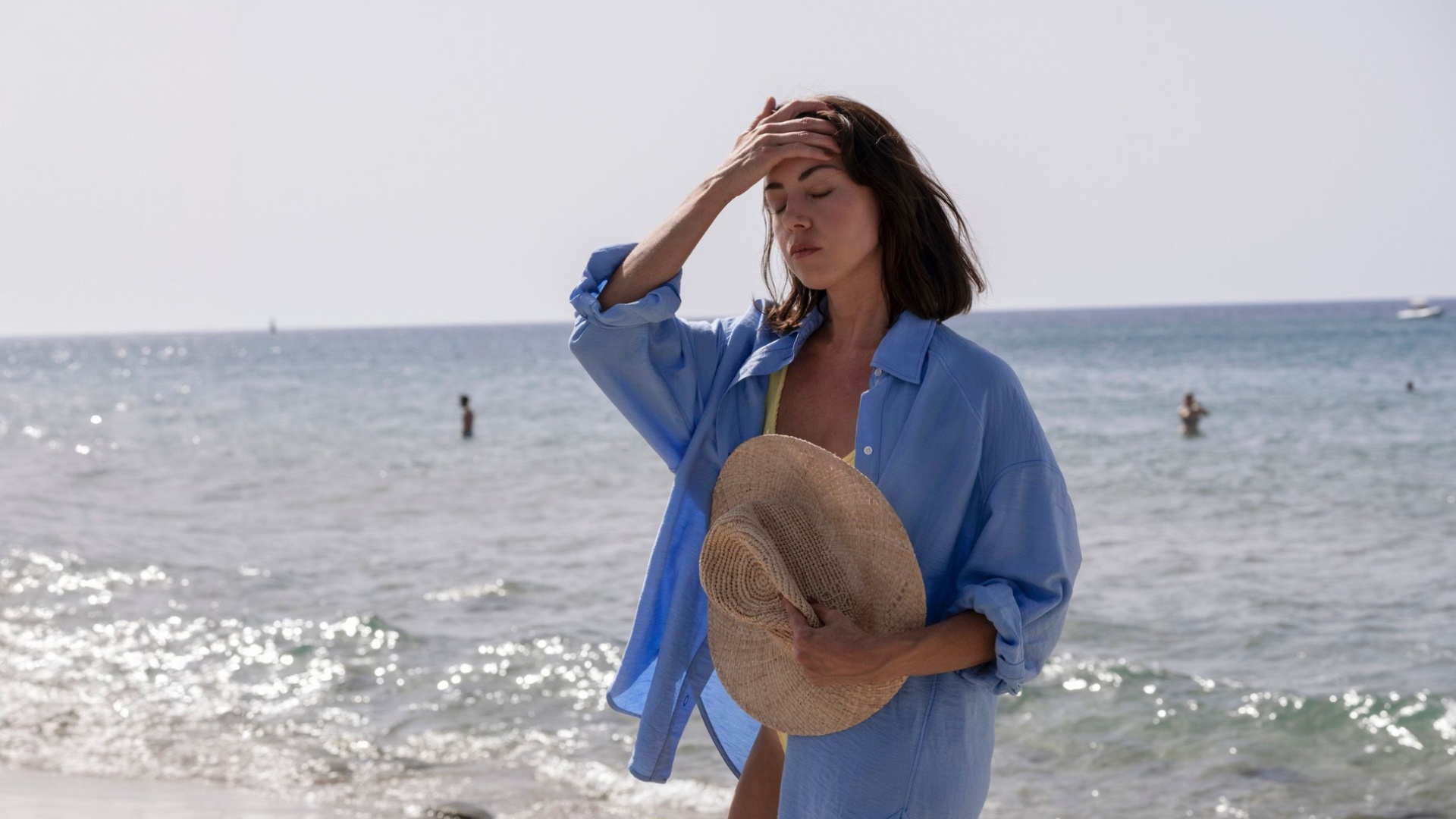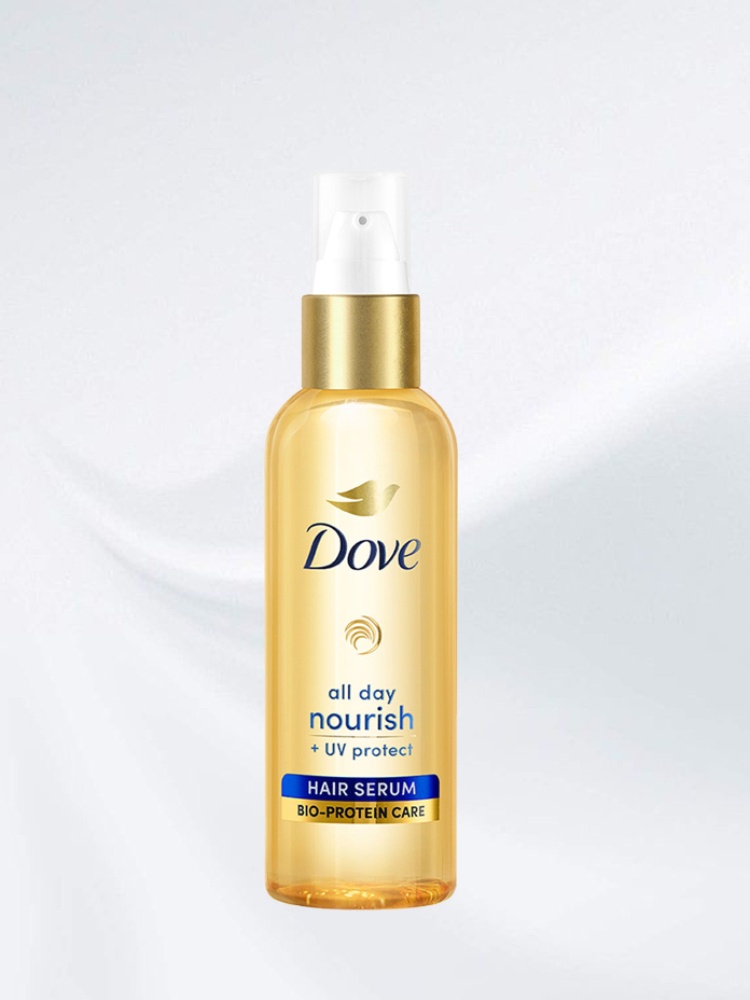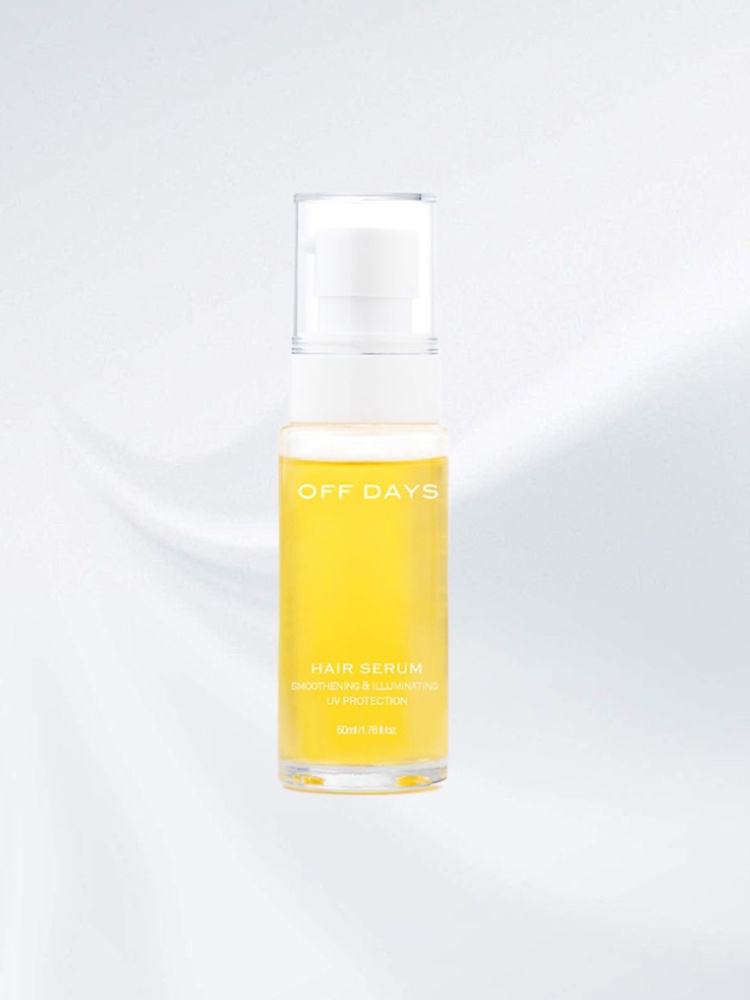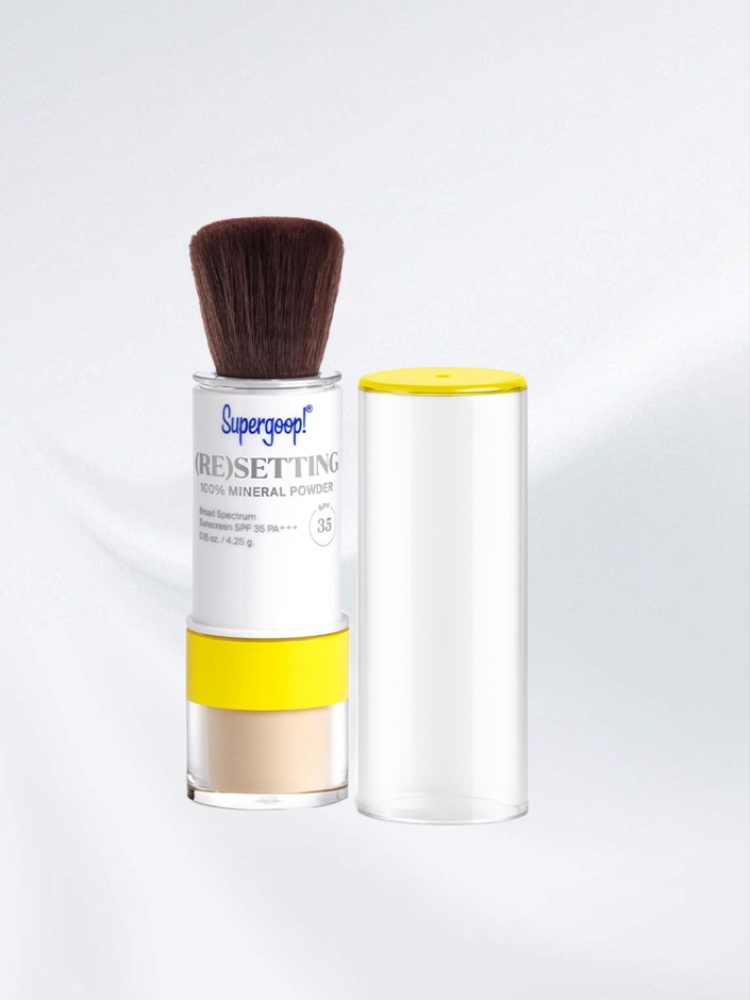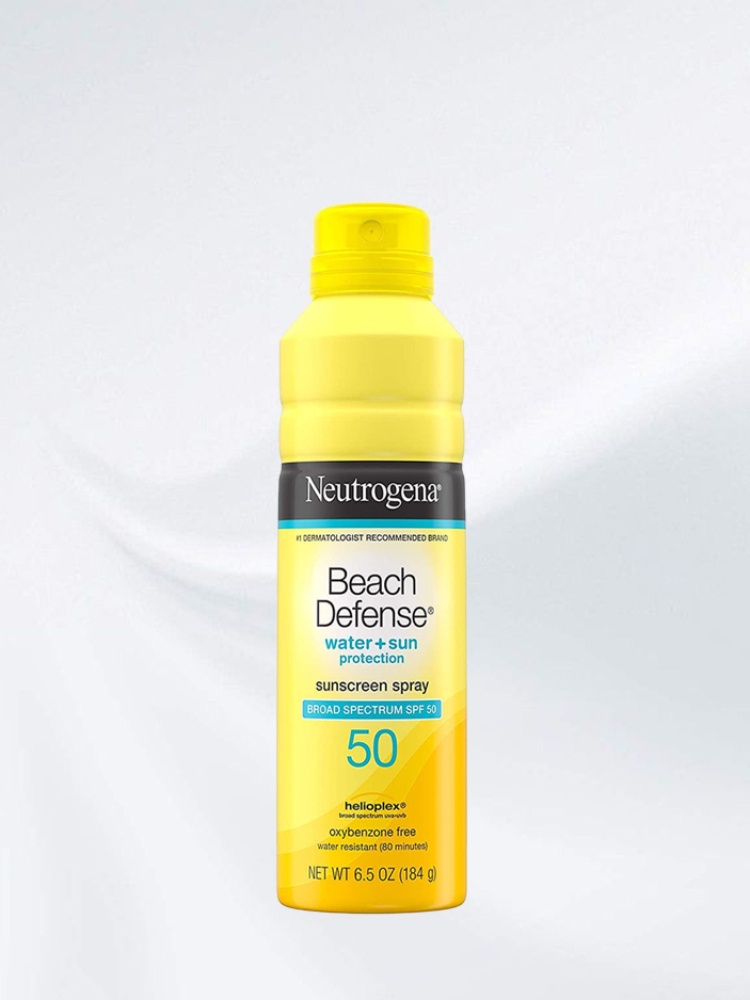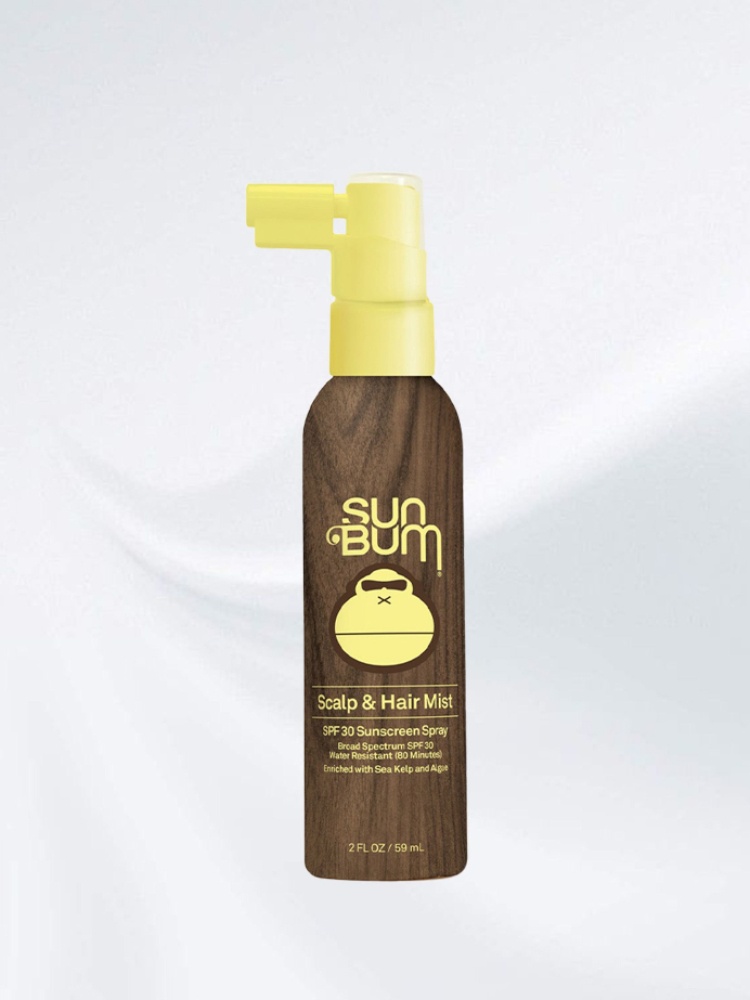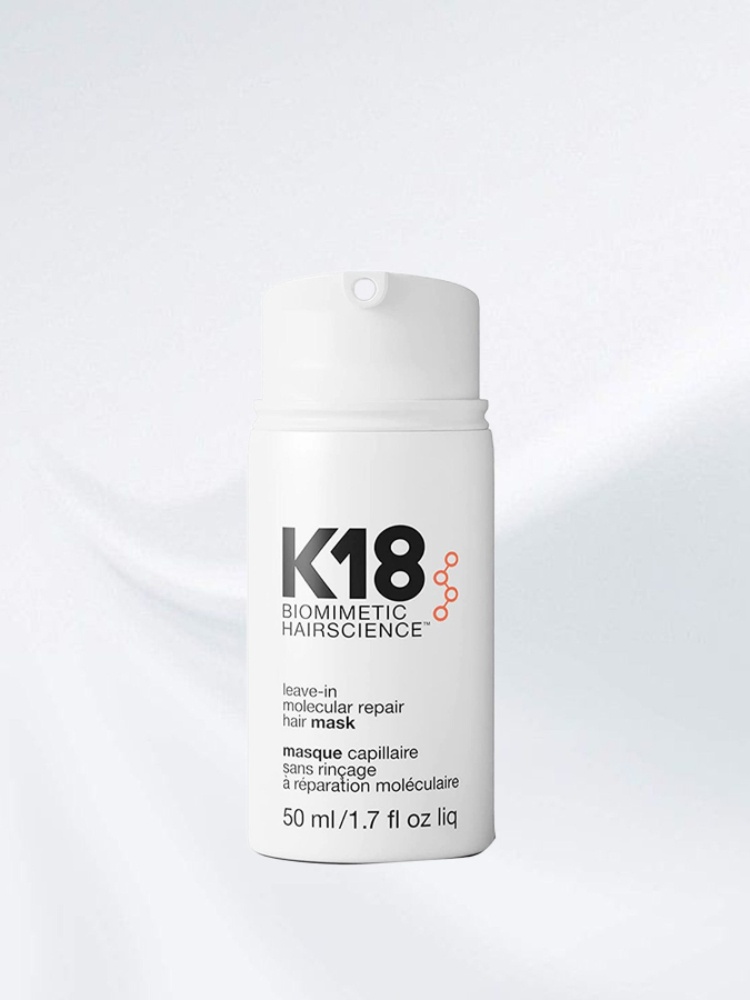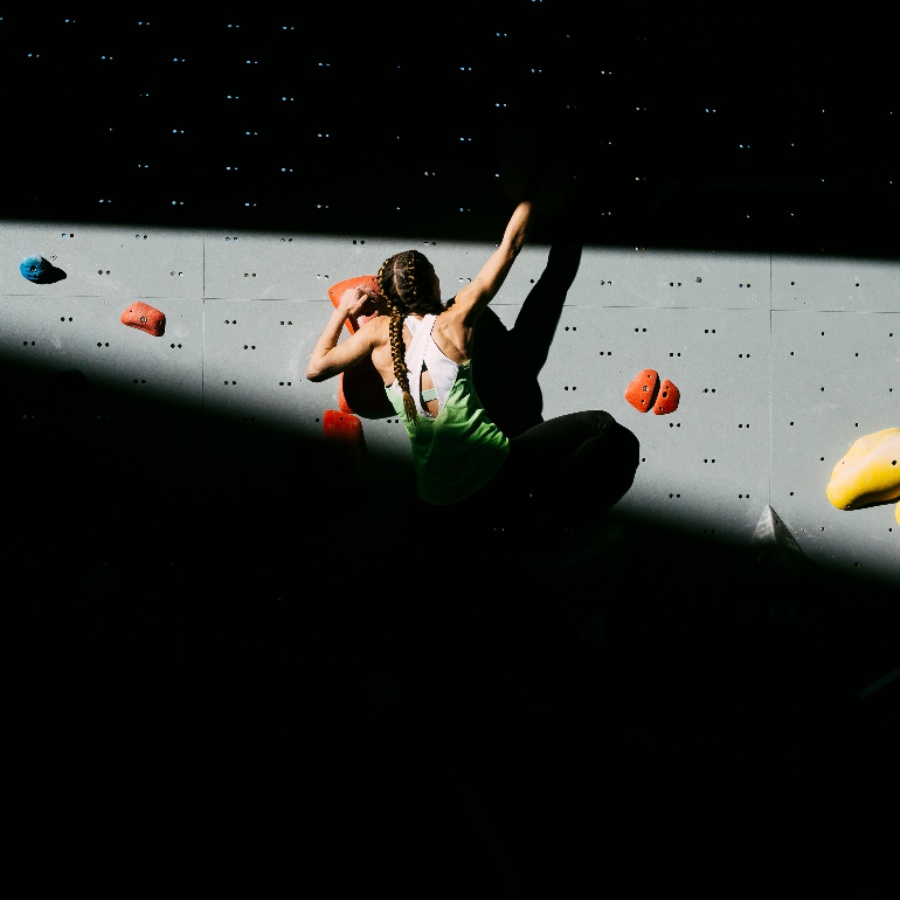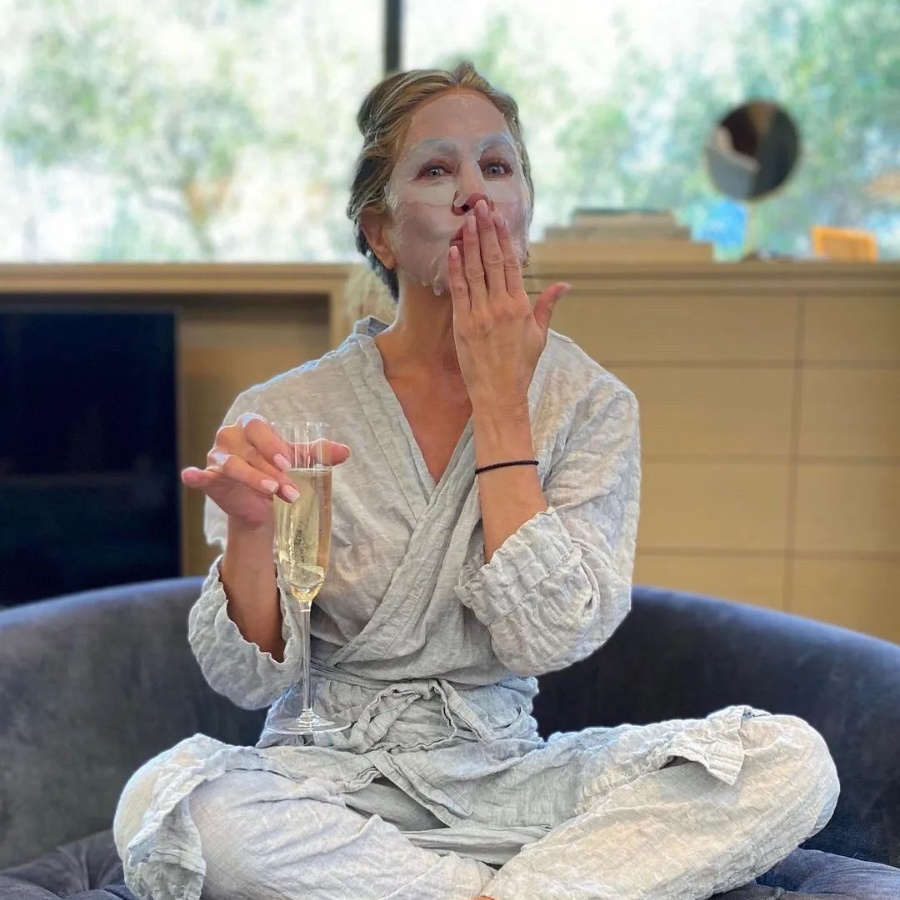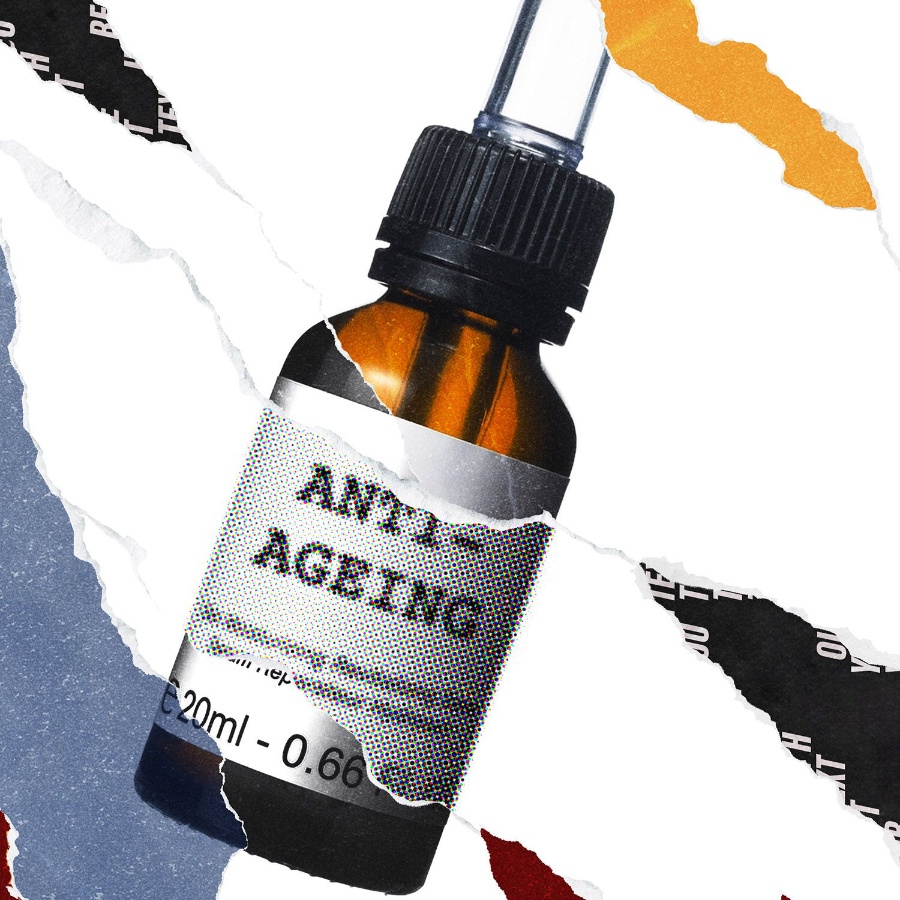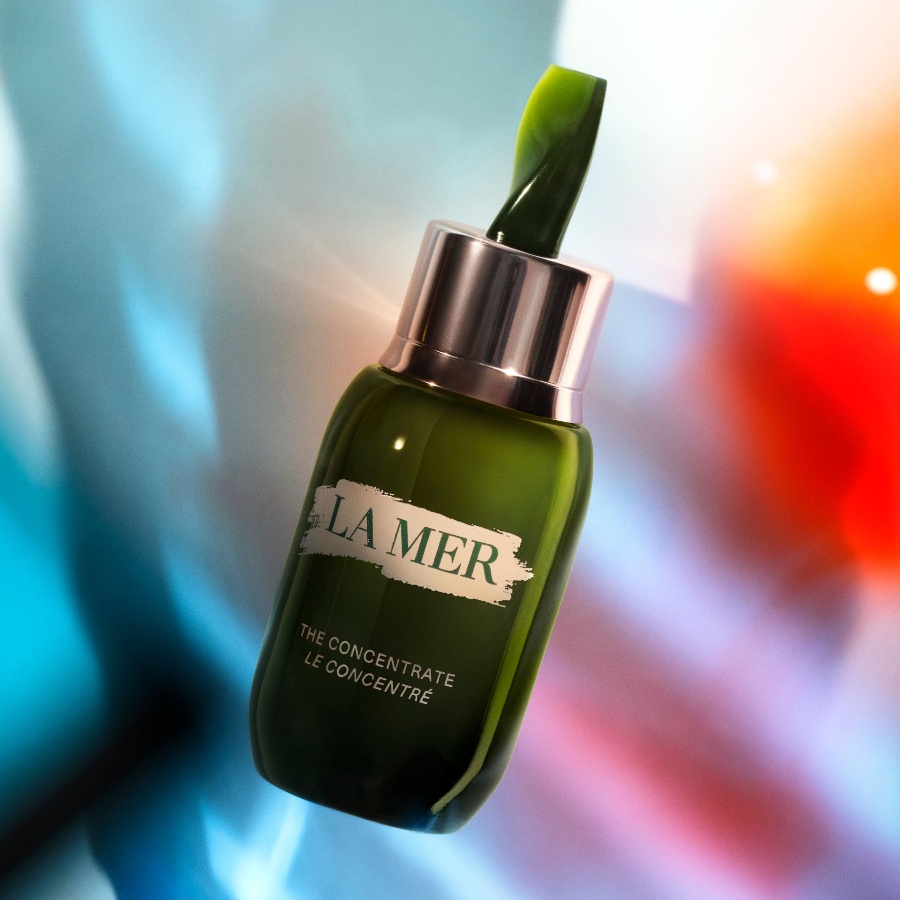Long days on the beach. Picnics and barbecues. Chasing waterfalls and swimming in open lakes. Summers in the great outdoors really are the best. By now, you probably already know how important it is to use sunscreen for your face and body. But did you know UV rays can also affect your scalp and hair?
You may have noticed your strands getting frizzier or your highlights getting lighter after spending some time in the sun. While sunkissed locks look great, they’re actually a sign of structural damage to the hair shaft. “Prolonged exposure to the sun can cause photochemical damage, which involves breakdown and loss of hair proteins and pigments,” explains Dr Jaishree Sharad, ace dermatologist and founder of Mumbai’s Skinfinitii Aesthetic Skin and Laser Clinic. “Both UVA and UVB can cause protein and colour loss, which leads to frizziness, breakage, and lightening.”
Dermatologists have long extolled the benefits of dutifully applying sunscreen to our skin, but hair sunscreen not only protects you from hellish scalp sunburns, it is also an essential for long, coloured hair. “Any kind of chemical procedure (including colouring, bleaching, straightening, perming, or relaxing) weakens the hair’s natural structure and breaks the disulfide bonds. So, when chemically treated hair is exposed to sun, the cuticle gets weaker, allowing more UV rays to penetrate and causing more breakage,” she adds. Mike Desir, a celebrity hairstylist best known for his work on Lilly Collins in Emily in Paris, seconds this. “Coloured or bleached hair is more sensitive to the sun and dehydration, and affects colour maintenance.” Exposure to the sun strips hair of its natural oils and weakens the shaft, according to Merrylin Boro, co-founder of haircare brand Off Days.
While your lengths definitely need protection from extreme sun, there’s no need to be alarmed, when it comes to your scalp. “There is limited research as far as sunscreens for the scalp are concerned. I generally ask my patients to use a scarf, a bandana, or a hat to protect their hair. But if they want to use it, they can,” says Dr Sharad. Desir recommends scalp sunscreens to clients only if they have lower density of hair and the scalp can be seen. “If you have long, thick hair, try to put it all up in a ponytail or bun while you’re out. This will help bring some protection to the scalp,” he advises. But if you’re not a hat person and have fine hair, sunscreen is your best bet to protect your part and locks against UV damage.
Like for your face and body, hair and scalp sunscreens also come in different formats. If the ends of your strands have started to get unflatteringly brush-like, a hydrating serum with SPF might be best. Dove has a new All Day Nourish + UV Protect serum with a mix of oils that can combat frizz. Off Days’ Hair Serum has phospholipids (whose basic cellular structure acts as a protective barrier against various environmental elements) and wild soybean oil, which has anti-inflammatory properties. It also has squalene, which helps seal moisture in the hair shaft.
